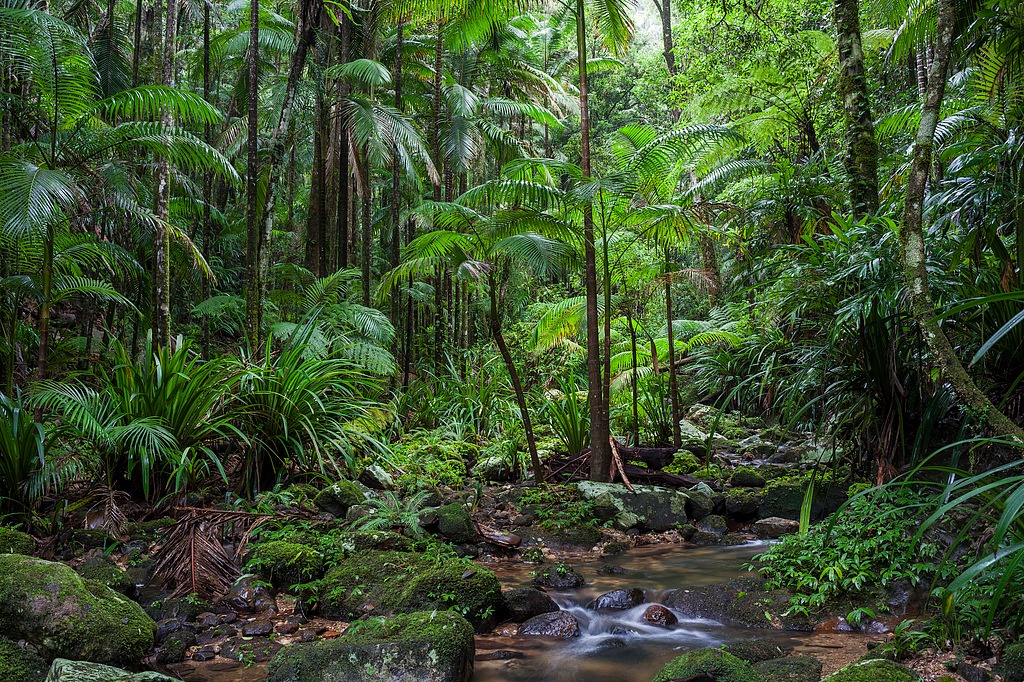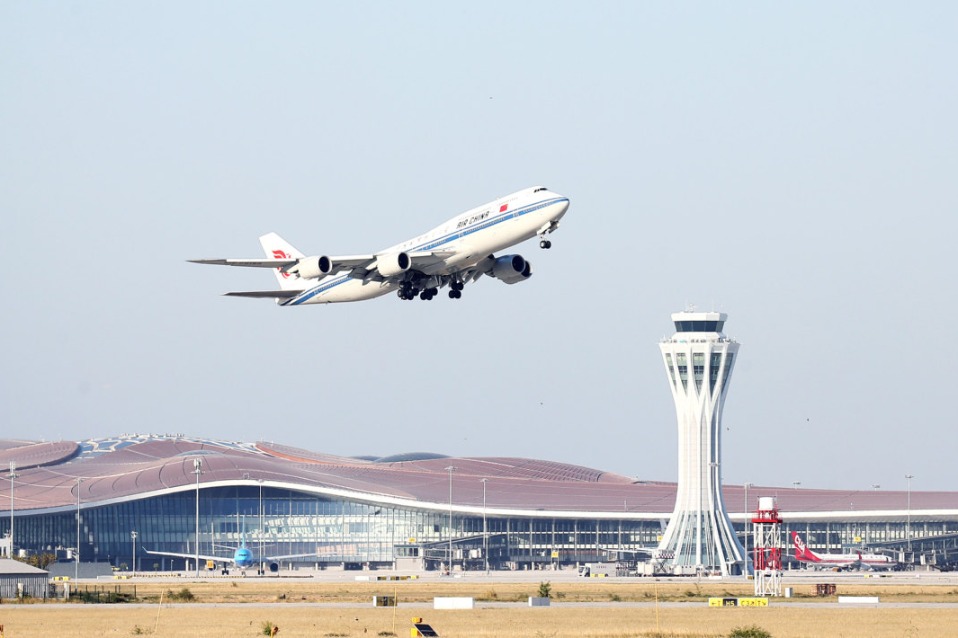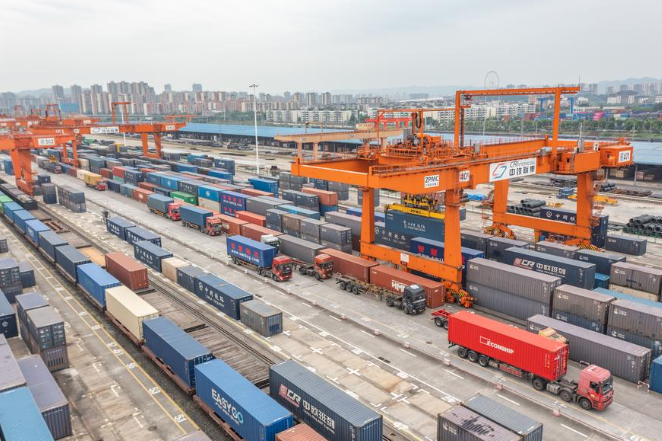Australian rainforests no longer a carbon sink: study

SYDNEY — Australia's tropical rainforests are among the first in the world to start leaking more carbon dioxide than they absorb, scientists said on Thursday as they linked the worrying trend to climate change.
The world's rainforests are typically thought of as crucial "carbon sinks" — sucking huge quantities of planet-heating emissions from the atmosphere.
However, new research has found rainforests in Australia's northern tropics have become net carbon emitters.
The study published in Nature has found that Australia's wet tropics are the first of their kind globally to show this response to climate change, according to a statement issued by Western Sydney University.
"Forests help to curb the worst effects of climate change by absorbing some of the carbon dioxide released from burning fossil fuels, but our work shows this is under threat," said the study lead author Hannah Carle of Western Sydney University's Hawkesbury Institute for the Environment, part of an international team including researchers at the Australian National University.
The researchers pored through records charting the growth of Queensland's rainforests over almost 50 years.
Tropical forests, among the most carbon-rich ecosystems on the planet, are expected to absorb more carbon than they release, a process known as a carbon sink, Carle said.
However, the new study has found that the capacity of woody biomass, tree trunks and branches in Australia's tropical rainforests, to continue working as a carbon sink is at risk.
The change is largely due to increased tree mortality driven by climate change, including increasingly extreme temperatures, atmospheric dryness and droughts, Carle said.
"Regrettably, the associated increase in carbon losses to the atmosphere has not been offset by increased tree growth. This is surprising because higher carbon dioxide levels should make it easier for plants to scavenge carbon dioxide from the air, leading to more tree growth and greater carbon sink capacity."
The findings have significant implications for emissions reduction targets, which are partly based on the estimated capacity of ecosystems to continue to absorb emissions and help mitigate climate change.
"Current models may overestimate the capacity of tropical forests to help offset fossil fuel emissions," Carle said, adding that the study also points to cyclones, which suppress the carbon sink capacity of woody biomass in these forests, becoming increasingly severe under climate change and impacting areas further southward.
Researchers say the need to monitor whether similar shifts will occur in other tropical forests globally, highlighting the need for further research.
Despite its growing vulnerability to climate-linked natural disasters, Australia remains one of the world's biggest exporters of gas and thermal coal.
The country's carbon dioxide emissions per person are among the highest in the world, the World Bank says.
Global emissions have been rising, but need to almost halve by the end of the decade to limit warming to safer levels agreed under the 2015 Paris climate agreement.
Agencies - Xinhua

































